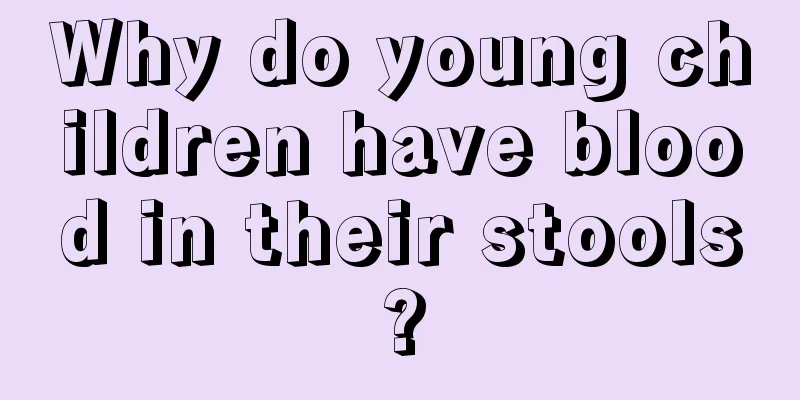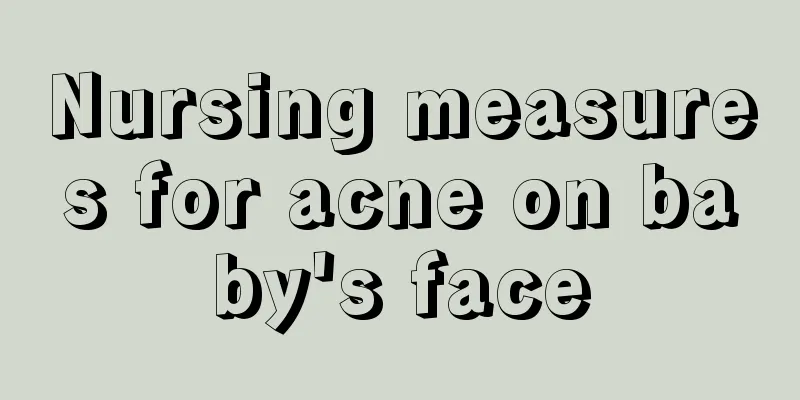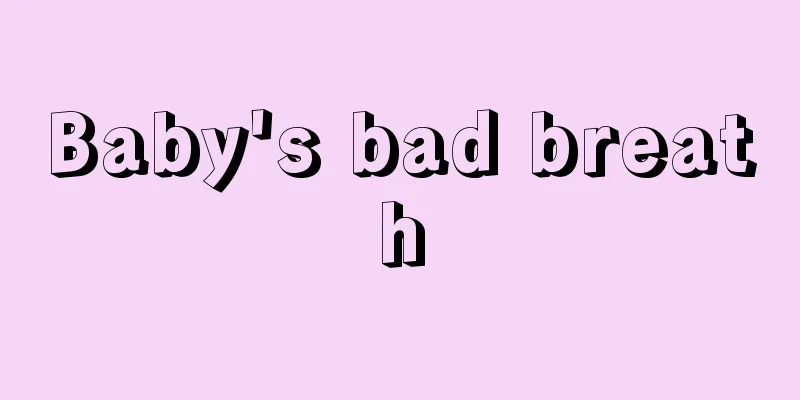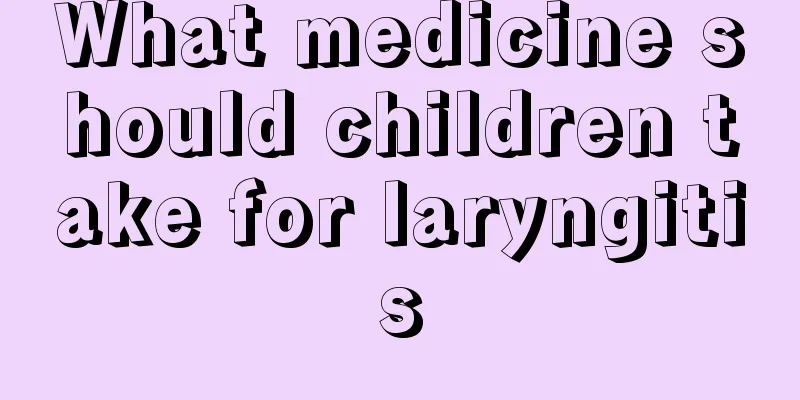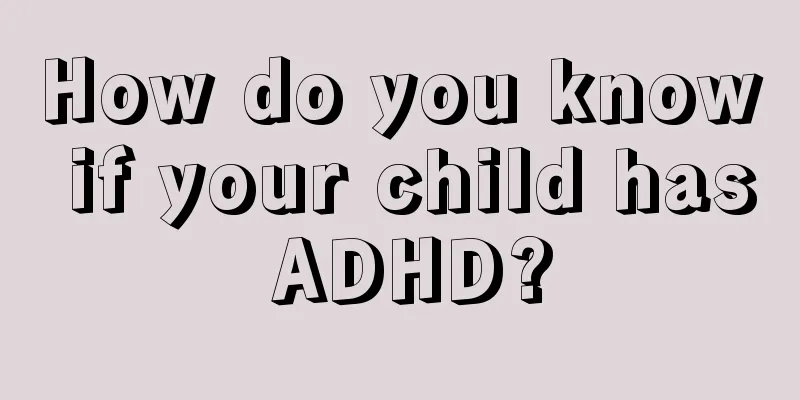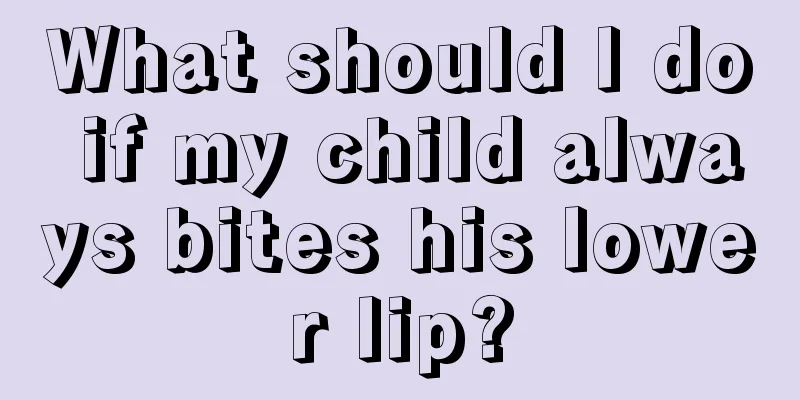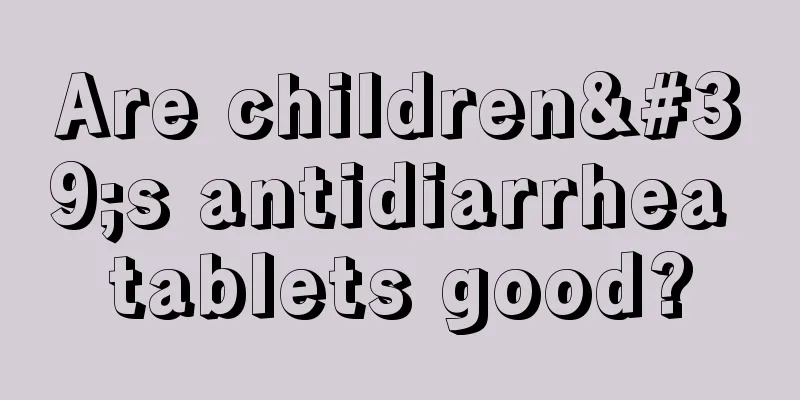What is the cause of the newborn's sneezing and runny nose?

|
If you pay attention, you will find that recently there are always some careful young parents who are anxiously asking pediatricians: "Why did our child keep sneezing last night? Did he catch a cold? What's the matter with newborns sneezing and having runny noses? Some babies even hiccup for no reason. According to some superstitions, baby hiccups are a sign of growth. Is that true? No matter what the reason is, it's best for parents not to be careless. So what's the matter with newborns sneezing and having runny noses? Experts explain that if the baby only sneezes and does not have a runny nose, it does not mean that he has a cold. This is because there is mucus in the nostrils of the newborn, which is combined with the dust from the outside to form small lumps. These "foreign objects" can stimulate the nerves in the upper respiratory tract and cause itching, and they can be expelled through sneezing. This is a normal protective reaction of the baby and it is nothing to worry about. In addition, experts pointed out that most hiccups in newborns are benign and self-limiting, and they are not as uncomfortable as those in adults. The hiccups will go away after a while, and if they do not go away for a long time, you can feed them a few sips of warm water. Of course, prevention should be the main focus for hiccups in newborns. It is not advisable to eat when the baby is crying and angry. The baby should have the correct posture and position when feeding. The baby should not lie flat when feeding, as this may easily cause swallowing difficulties and may even choke. For newborns who are breastfed, let the baby lean slightly in the mother's arms. If the breast milk is sufficient, avoid letting the milk flow too quickly when feeding. Babies who are bottle-fed should also avoid eating hurriedly, quickly, cold or hot food, and should swallow slowly and less when sucking. When feeding, be sure to keep the bottle tilted so that the nipple is filled with milk so that the baby does not inhale air. When the baby has had enough milk, the mother should put the baby on her shoulders and gently pat the baby's back to help the baby expel the gas that enters the stomach during feeding and prevent bloating and hiccups. When children have an abnormal runny nose, it is not recommended to buy nasal drops from the pharmacy on their own to avoid irritation to the nasal cavity. When children have an abnormal runny nose, they should go to the hospital for examination in time to find out the root cause of the runny nose as early as possible so that it can be treated early. |
<<: What to do if a child has rhinitis and sneezes
>>: What should I pay attention to when my child gets chickenpox?
Recommend
Can children have body odor?
The real name of body odor is bromhidrosis. Body ...
What is the world like for children with autism?
The world of autistic children is dark. They have...
Why does my baby shake his head when he has a fever?
It is common for babies to be weak because they a...
What are the treatment options for children’s teeth?
What are the methods for treating children's ...
What causes droopy upper eyelids in children?
Many babies cannot open their eyes after they are...
What should I do if my child has bad breath? Normal treatment for bad breath in children
Bad breath in babies is a common oral disease, wh...
Brain cysts in children
We all know that children are the fruit of every ...
Some specific situations of baby's swollen lymph nodes
Baby's swollen lymph nodes is a problem that ...
What to do if a 4-year-old child has athlete's foot
Athlete's foot is a very common fungal infect...
Is massage effective for children with fever?
When children have a fever, parents are usually v...
Analysis of how many times a day a newborn baby defecates is normal
Newborns defecate much more frequently than healt...
Treatment for a two-year-old baby's cough
Parents are always worried about their baby's...
What to do if your child is timid at school
If a child is timid at school, parents should und...
Adverse reactions to the first injection of pentavalent combination
Children have poor body resistance and are easily...
Why does the baby have a fever and cold hands and feet?
When a baby is sick and has a fever, it makes eve...


